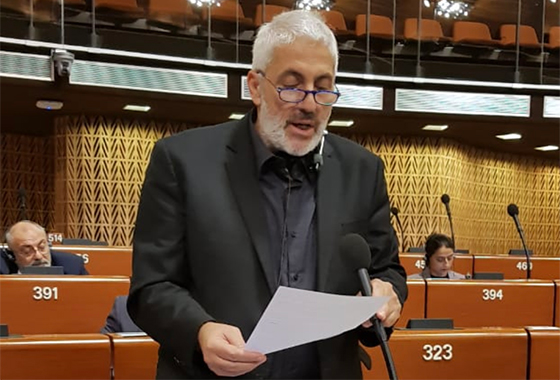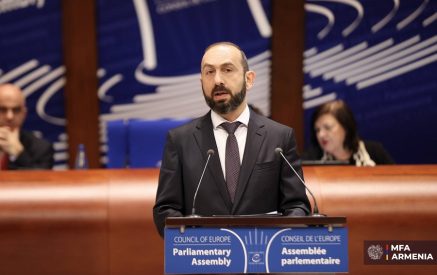Despite progress in the implementation of Strasbourg Court judgments and a constant reduction in the number of judgments pending before the Committee of Ministers – from around 10,000 in 2010 to 5 231 at the end of 2019, thanks to the reform following the 2010 Interlaken conference – PACE remains concerned over the number of pending cases relating to structural problems. These are mainly judgments against the Russian Federation, Turkey, Ukraine, Romania, Hungary, Italy, Greece, the Republic of Moldova, Azerbaijan and Bulgaria, underlines the resolution adopted by PACE, on the basis of the report by Constantinos Efstathiou (Cyprus, SOC).
The parliamentarians are particularly concerned with “the increasing legal and political difficulties” surrounding the implementation of the Court’s judgments, saying that no national legislative or administrative measures, or legislative changes at constitutional level could hinder this process. In this regard, in light of the Venice Commission’s opinion of June 2020, they called on the Russian Federation to change the recent amendments to its constitution.
They also expressed concern about certain obstacles to the implementation of the Court’s judgments delivered in inter-States cases or showing inter-State features.
PACE reiterated its call on member States to swiftly and fully implement the Court’s judgments, in particular by providing sufficient resources to relevant national stakeholders, and to set up parliamentary structures to monitor compliance with international human rights obligations.
Read also
Finally, the Assembly recommended that the Committee of Ministers give priority to cases pending for over five years, and to use once again Article 46 of the Convention in the event of “strong resistance from a respondent State”, adding that this should be done sparingly and in very exceptional circumstances.
Parliamentary Assembly of the Council of Europe


























































